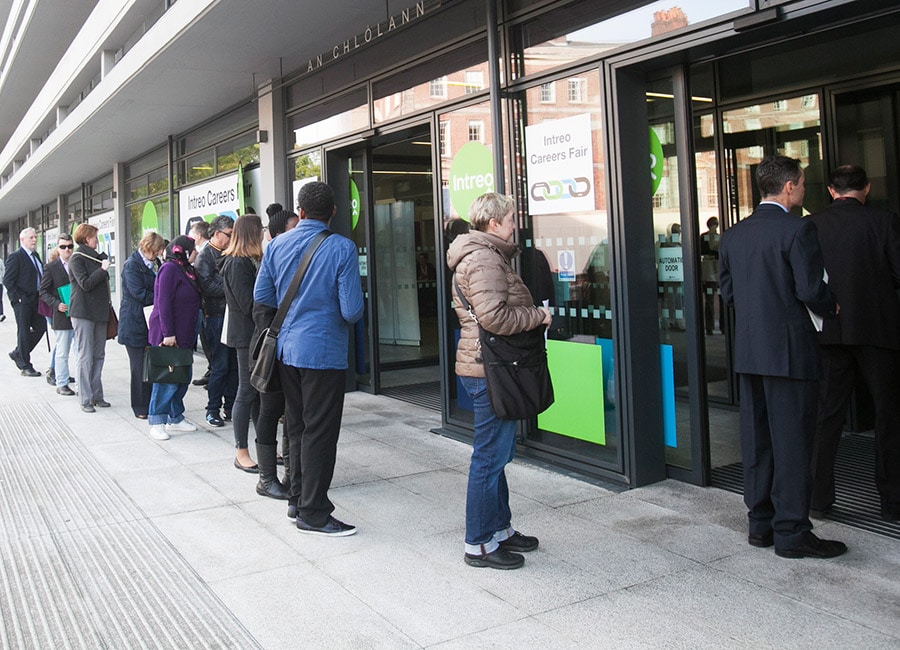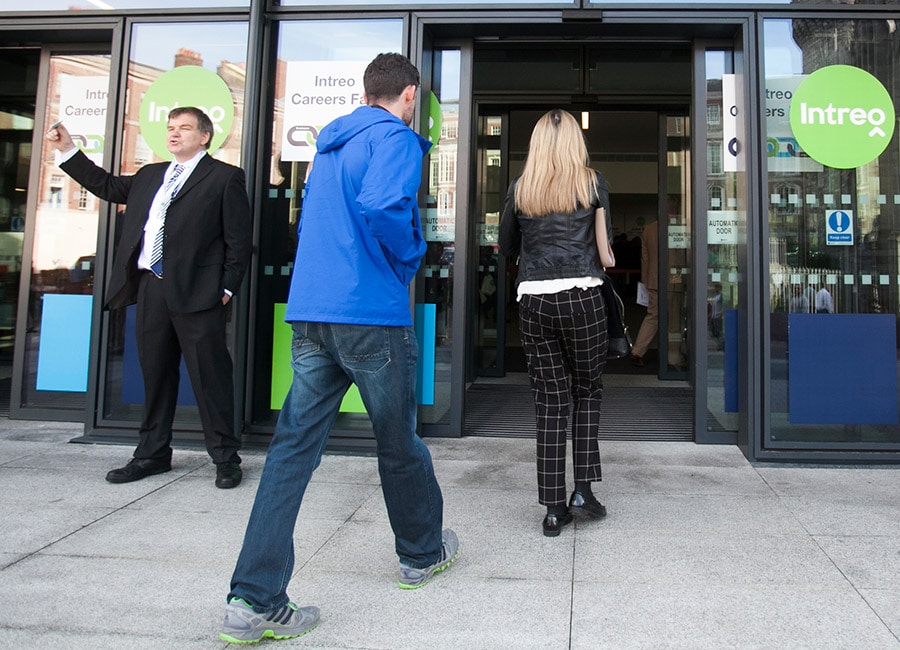Linking Jobseeker's Benefit for the recently unemployed to their previous earnings would result in "non-trivial" costs and weaker financial work incentives unless capped or time-limited, the Economic and Social Research Institute (ESRI) has found.
New research published as part of the ESRI's annual Budget Perspective conference, taking pace on Friday, shows that linking jobseeker's payments to past earnings would provide the recently unemployed with a "short-term cushion" to adjust their spending.
The institute said, however, that the advantages needed to be set against the costs and depleted incentives inherent in adopting such a system, and that Ireland is one of the few EU countries without a strong relationship between unemployment benefit and past earnings.
The cost of setting the rate of Jobseeker's Benefit at 60% of previous earnings, but capped at €350 per week, is estimated at €278m per year, and the median replacement rate, which measures in-work income against out-of-work income, would rise 11 percentage points across all income groups.
Increasing the maximum payment to 60% of the average weekly income or approximately €460 per week would cost an estimated €590m, raising the median replacement rate by 22 points while benefitting higher earners who are most likely to have accumulated savings.
The report authors suggested easing the cost burden by "tightly time-limiting" the higher level of Jobseeker's Benefit by reducing the maximum duration it can be claimed or by reducing the replacement rate by 10 percentage points every three months.
The government has previously suggested that expansion of Jobseeker's Benefit could be financed by increasing the rate of PRSI, with a 1% hike raising an additional €1bn per year, although this is likely to cost workers through lower wages or employment and consumers through higher prices in the long-term.

"The linkage of unemployment payments to previous earnings could provide greater insurance for those who lose their job but requires non-trivial additional spending and worsens financial incentives to work," said report author Theano Kakoulidou.
"Maximum payment caps are needed so that the benefits from the reform are distributed in a more equitable manner."
The weekly main rate of Jobseeker's Benefit currently stands at €208 and increases if the recipient has adult or child dependents, and there are also reduced rates of €93.20-162.90 for claimants who earned less than €300 per week.
In 2019, the last year before the pandemic and the introduction of the recently wound-down Pandemic Unemployment Payment and wage subsidy schemes, 35,000 people received Jobseeker's Benefit at an annual cost of €350m.
The report also highlights an equally strong case for making Maternity Benefit and Illness Benefit pay-related, citing international evidence that doing so would reduce the gender wage gap and generating public health benefits in encouraging employees to stay home in cases of infectious disease.
"There is a strong case for linking Maternity Benefit and Illness Benefit to previous earnings, with international evidence suggesting that closer linkages between the two would reduce the gender wage gap and provide public health benefits," report author Michael Doolan added.
Unemployment returned to its pre-pandemic level of 4.7% in May, with the number of seasonally-adjusted people unemployed declining 2,400 to 127,500,
Photo: People going into an Intreo Careers Fair at Dublin Castle (Pic: Leah Farrell/ RollingNews.ie)








